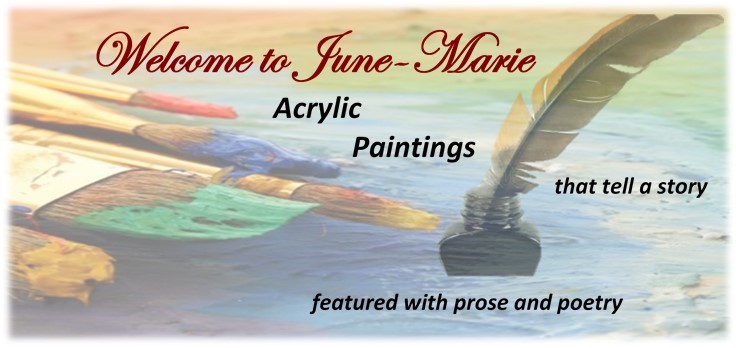Jefferson, Franklin and Adams, in the guise of the respective birds they each felt best represented the new nation, pose the question: Shall we be a nation of peace, invention, or power? Within the comfortable domain of the lush natural forest, the answer is pure and simple. In the early day of King George’s taxes, no doubt, power was the obvious choice. But the founding fathers also stand just beyond in the clearing of the forest, there in the stark light of day, its rays shooting down just behind the eagle’s head. An awakening must be at hand. “America the Beautiful” is still alive. We see the fruited plain and amber waves of grain, the sea to shining sea, and the distant purple mountain majesty. But the complexities of man’s urban development have altered the landscape. The founding fathers observe with both quiet awe and eternal knowledge, a knowledge most effectively expressed in the flexibility of the new nation’s constitution. Of certain poignancy, the visage of the Freedom Tower stands at ground zero within the view of New York City. The building soars “1776” feet tall; a commercial airliner flies assuredly in the distant sky. The rhetorical question remains: peace, invention, power? As always, they remain “Jefferson, Franklin and Adams.”
(Although John Adams handily won with his preference for the eagle as our national bird, the annals of American history quietly retain two other preferences. Jefferson favored the dove while Franklin wanted the turkey. Interestingly enough, each founding father in his choice reflected his own political temperament. The fiery Adams brandished every opportunity to push forward his cause for independence, and with an eagle eye he spotted weaker colleagues, swooping down on teetering opinions. Like the eagle, he was the consummate leader in the continental congress, at the top of his game. Thomas Jefferson, a quiet unassuming man who was said to barely utter four words together in congress, was still somehow drawn to the pressures of politics. However, it was a constant battle he waged with himself throughout life, at heart much preferring the quiet and simple peacefulness of agriculture and country living-thus the preference for the dove. If there ever was a bird that resembled a man, surely it was the turkey and Benjamin Franklin. Striking in his own confidence, resourceful and inventive as this plumed forest forager, Franklin, an odd looking bird in his own right, wrote about his opinions: “I wish that the bald eagle had not been chosen as the representative of our country, he is a bird of bad moral character, he does not get his living honestly, you may have seen him perched on some dead tree, where, too lazy to fish for himself, he watches the labor of the fishing-hawk, and when that diligent bird has at length taken a fish, and is bearing it to its nest for the support of its mate and young ones, the bald eagle pursues him and takes it from him…Besides he is a rank coward; the little kingbird, not bigger than a sparrow attacks him boldly and drives him out of the district. He is therefore by no means a power emblem for the brave and honest…of America…For a truth, the turkey is in comparison a much more respectable bird and withal a true original native of America…a bird of courage, and would not hesitate to attack a grenadier of the British guards, who should pressure to invade his farmyard with a red coat on.”)

